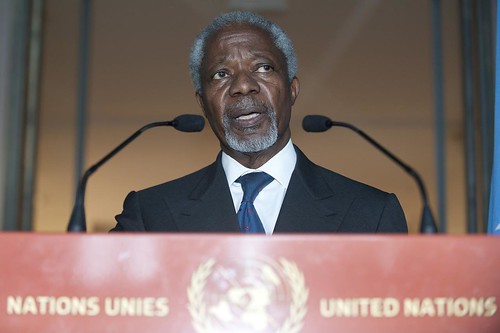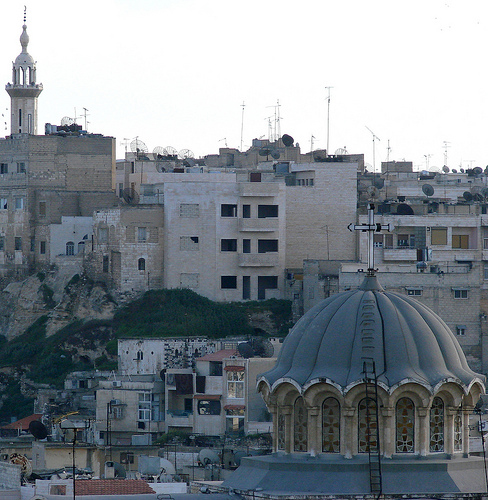
The Iranian-Turkish conflict about the future of the Assad regime in Syria has the potential to set back relations between Ankara and Tehran by decades. However, the conflict has not reached a tipping point and it is unlikely to do so as long as the Iranian-Turkish rivalry is limited only to tactical efforts by each side in shaping the power struggle in Syria. What will significantly change the Iran-Turkey-Syria equation is if Tehran concludes that Turkey is leading a protracted US-backed drive to bring about regime changes in the Middle East and that “Libyan model” can be repeated first in Syria and later in Iran. Absent of such a scenario, Iran is neither overly free to shape the outcome in Syria nor reliant on the Syrian regime to the degree where it will risk all other regional interests to prop up Assad. Seen from Tehran, the potential loss of the Assad regime is a recoverable strategic setback if it does not have a spillover effect that directly challenges the Islamic Republic’s grip on power in Tehran. Iran’s relations with Syria were from the beginning a marriage of convenience and plenty of suspicion existed in Damascus-Tehran relations before the Arab Spring. The post-Saddam Shia elite in Baghdad have already turned Iraq into Tehran’s key Arab ally and regional priority.



